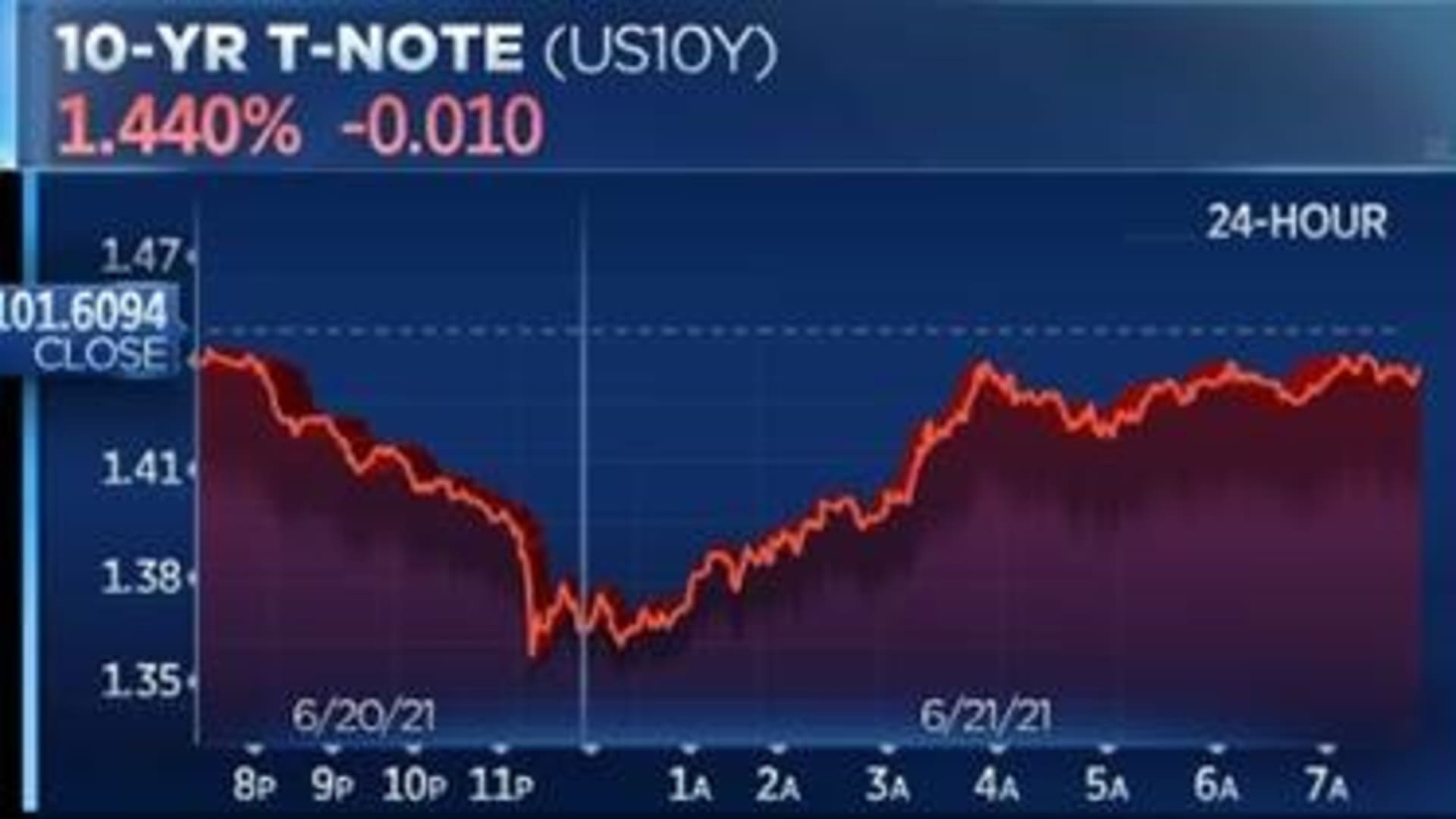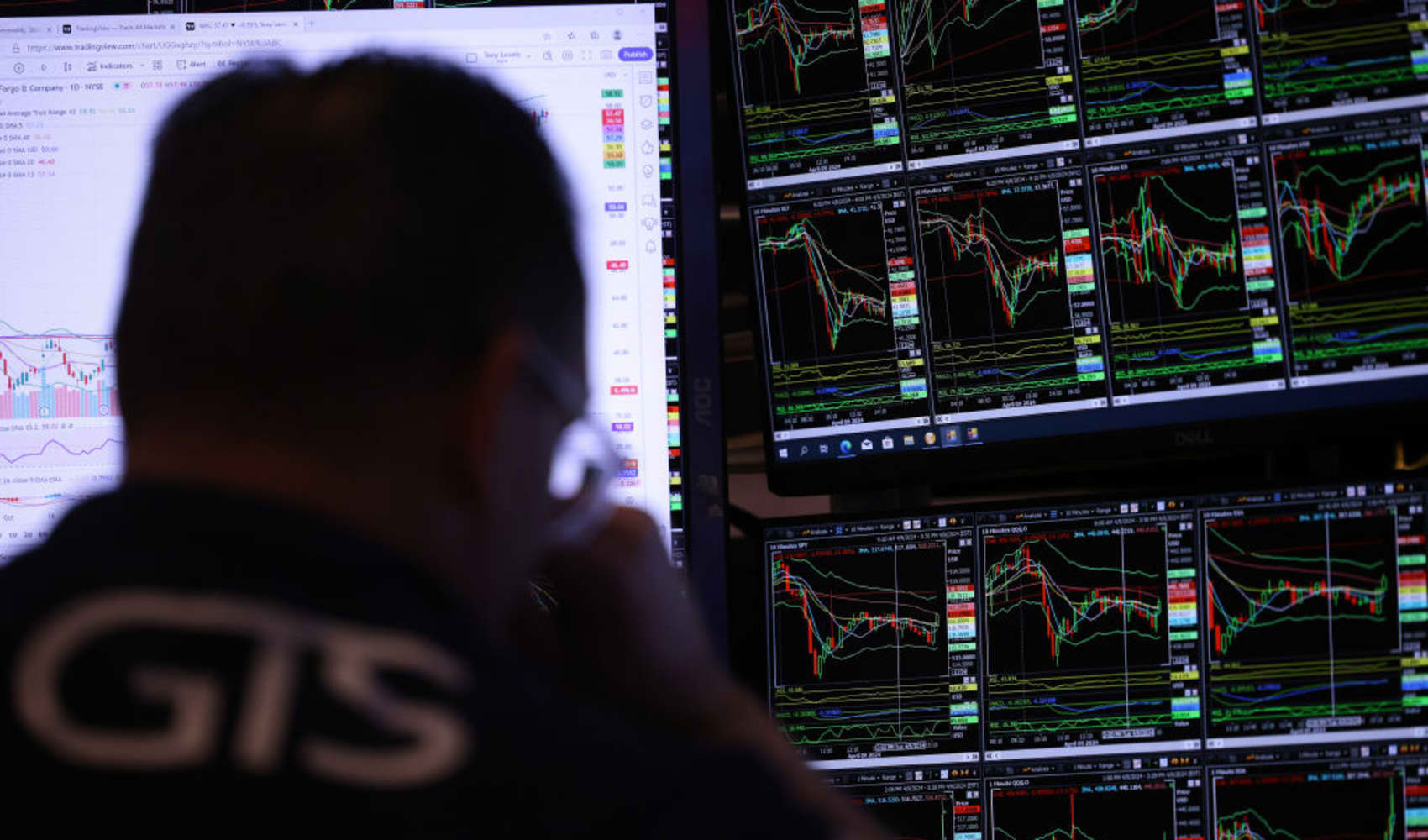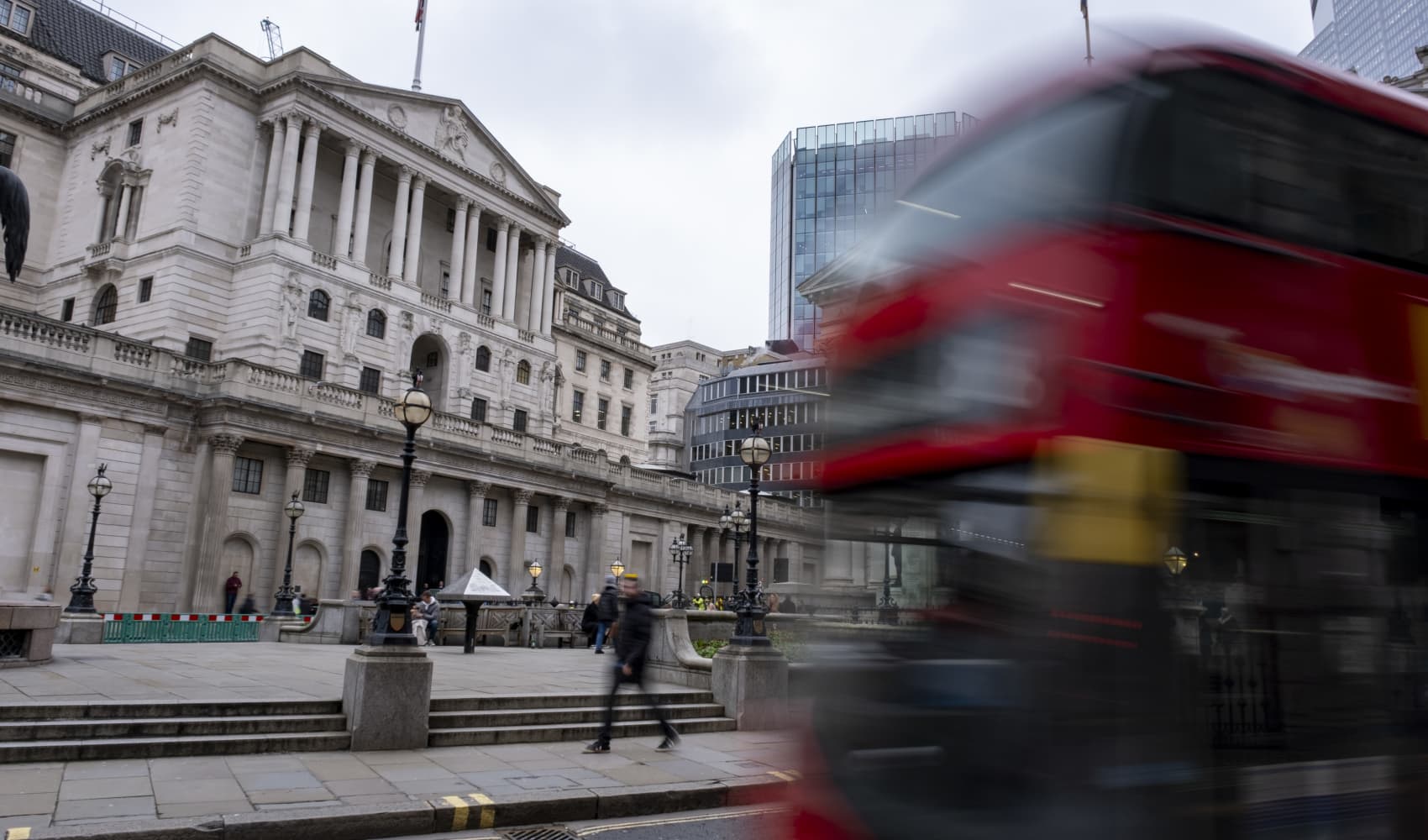Bond yields continued their volatile ride on Monday as investors tried to determine a multitude of factors, including the rate of inflation, whether the economic comeback is slowing and just how aggressive the Federal Reserve will get in taking off its easy policies over the coming months.
At one point in overnight trading, the 10-year U.S. Treasury yields fell to 1.354%, its lowest level since February 24.

The yield on the benchmark 10-year Treasury note then bounced and was last up 4 basis points on the regular session to 1.489%. Meanwhile, the yield on the 30-year Treasury bond rose 7.6 basis points to 2.104%. Yields move inversely to prices and 1 basis points equals 0.01%.
Get South Florida local news, weather forecasts and entertainment stories to your inbox. Sign up for NBC South Florida newsletters.
The widely watched spread between the 2-year and 10-year yield touched the narrowest since February in overnight trading before widening as trading continued Monday. Investors have been watching closely the so-called flattening of the Treasury yield curve that has occurred since the Federal Reserve's latest policy update on Wednesday. The 2-year Treasury yield was last down about 2.5 basis points.
Last week, the Fed raised its inflation forecast, while a dot plot of individual central bank members' expectations on policy signaled that an interest hike could happen sooner than expected, in 2023.
St. Louis Fed President James Bullard then told CNBC on Friday that he expected an initial rate increase to happen even sooner in 2022.
Money Report
"We're expecting a good year, a good reopening. But this is a bigger year than we were expecting, more inflation than we were expecting," Bullard told CNBC's "Squawk Box." "I think it's natural that we've tilted a little bit more hawkish here to contain inflationary pressures."
Bullard is not a voting member this year on the Federal Open Market Committee but will get a vote next year.
The effect of the more "hawkish" Fed raised short term rates and lowered long term rates on fears of an economic slowdown.
Traders began reversing those positions a bit on Monday on the notion the move may have gone too far in the short term, causing the bounce in the 10-year yield.
— CNBC's Hannah Maio, Jeff Cox and Tanaya Macheel contributed to this report.






